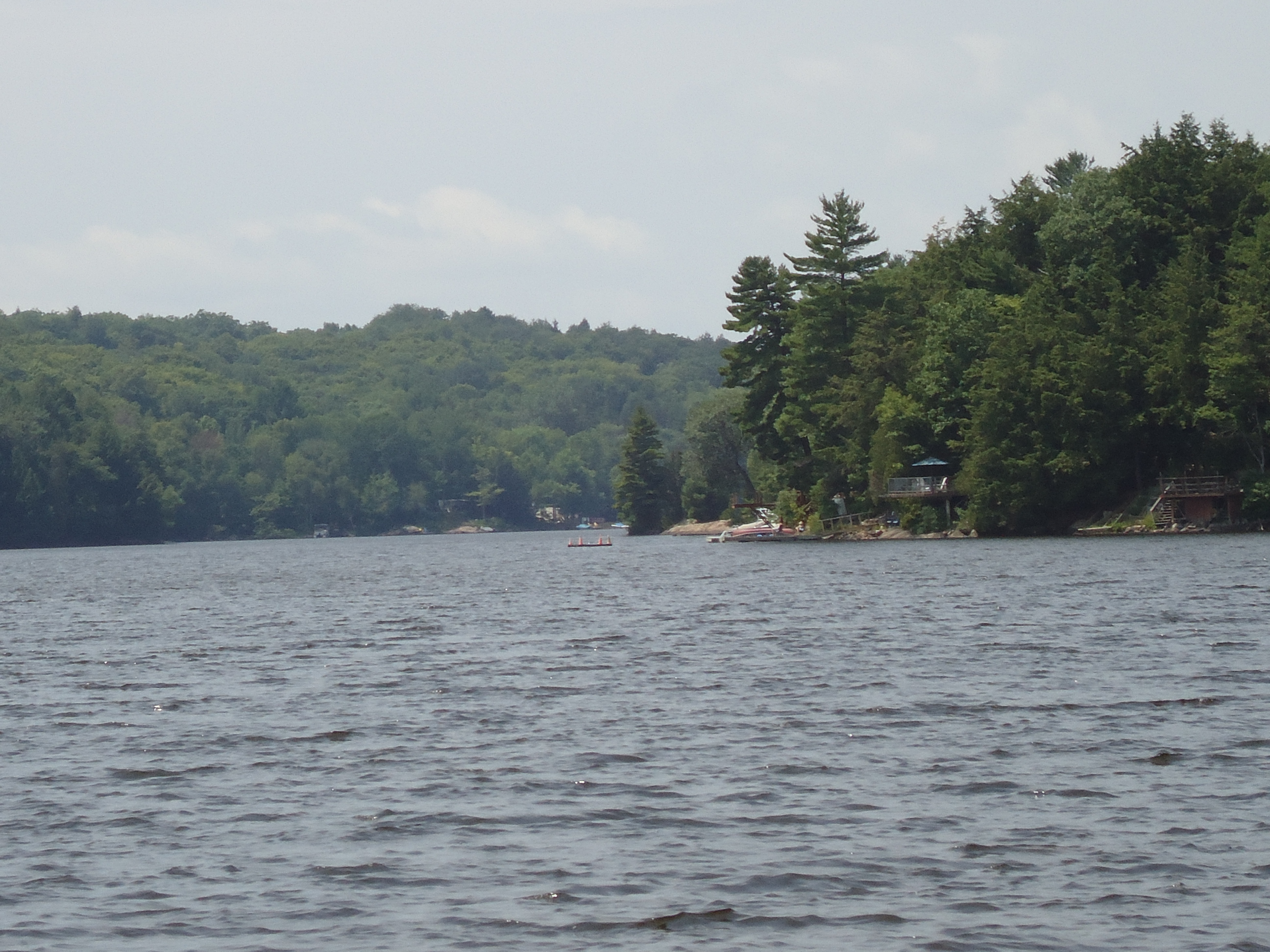APPROACHING THE MANUSCRIPT REVISION
In Holly Lisle’s Boot Camp for Writers called “How to Think Sideways,” she teaches how to revise the first draft of a novel. You need to have a plan, she says, and you need to revise only once. Her process includes stepping back to ask yourself some big-picture questions before starting to edit.
While I won’t follow her approach exactly with Main Street – for one reason, my book is not a novel – I do see the value of asking Holly’s big-picture questions before I dive into the revision process.
So here goes:
1. Write one sentence that describes what you want this book to be.
This is the story of the Muskoka Colonization Road, told through the eyes of the people who designed, built and travelled it for the past 150 years.
2. Why did you write this book?
I wrote it because I was invited to by a publisher who read an article I wrote about the Muskoka Road. This opportunity is the stuff that writers dream of!
3. What do you want your readers to find in your story?
I want my readers to find a historical adventure story filled with courageous and creative characters… and a spectacularly beautiful region of Ontario that refused to be tamed.
4. How did writing this story change you and what do you hope to leave with your readers?
I learned so much more than I had expected – way beyond the boundaries of Muskoka-Parry Sound. I took on new challenges as a writer. I developed a much stronger pride in the rich history of my home province. I also no longer take roads for granted!
I hope to leave my readers with a rollicking good story, some new information and a better sense of what it took to build Ontario.
Now, somebody hand me a red pen – let the edits begin!
